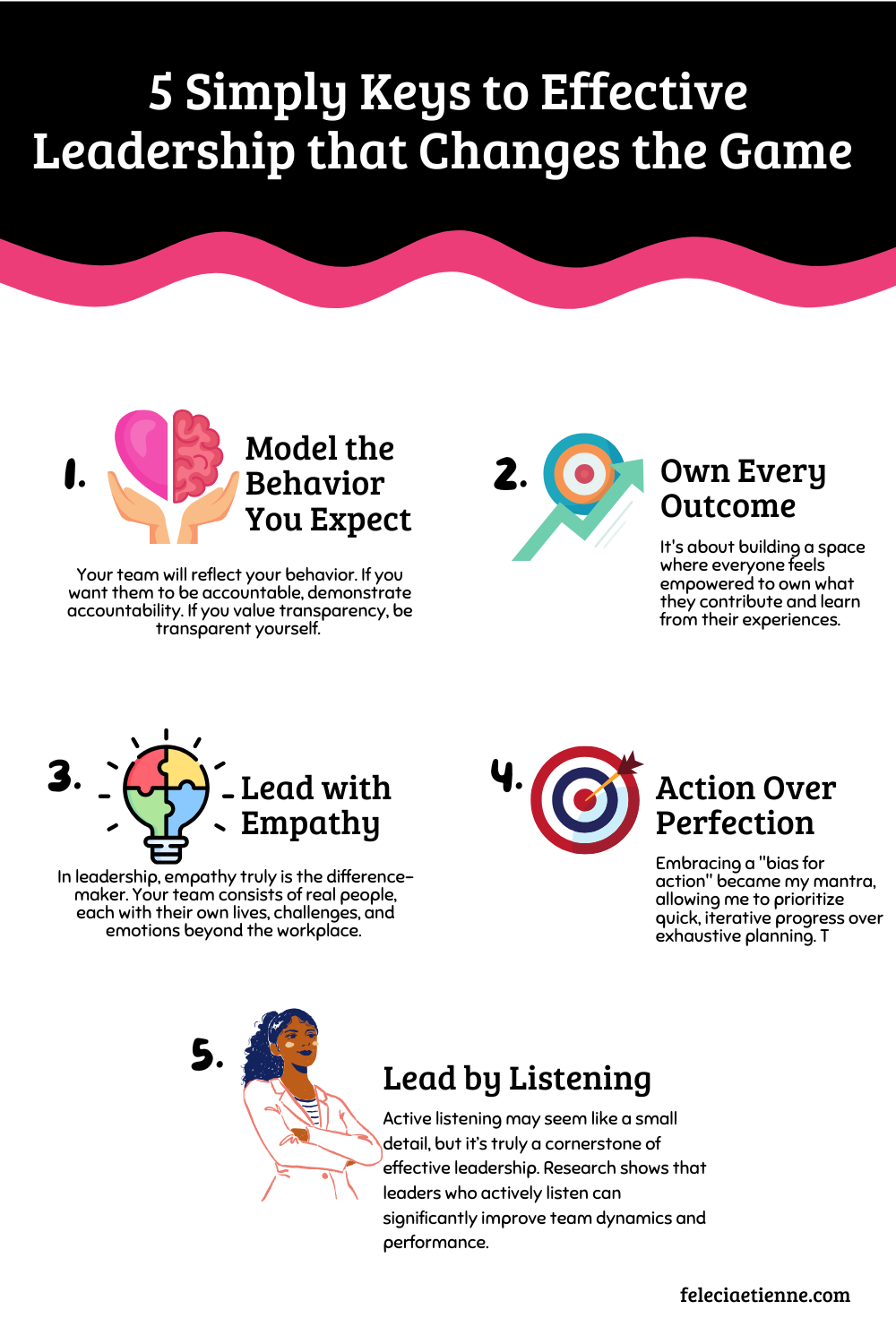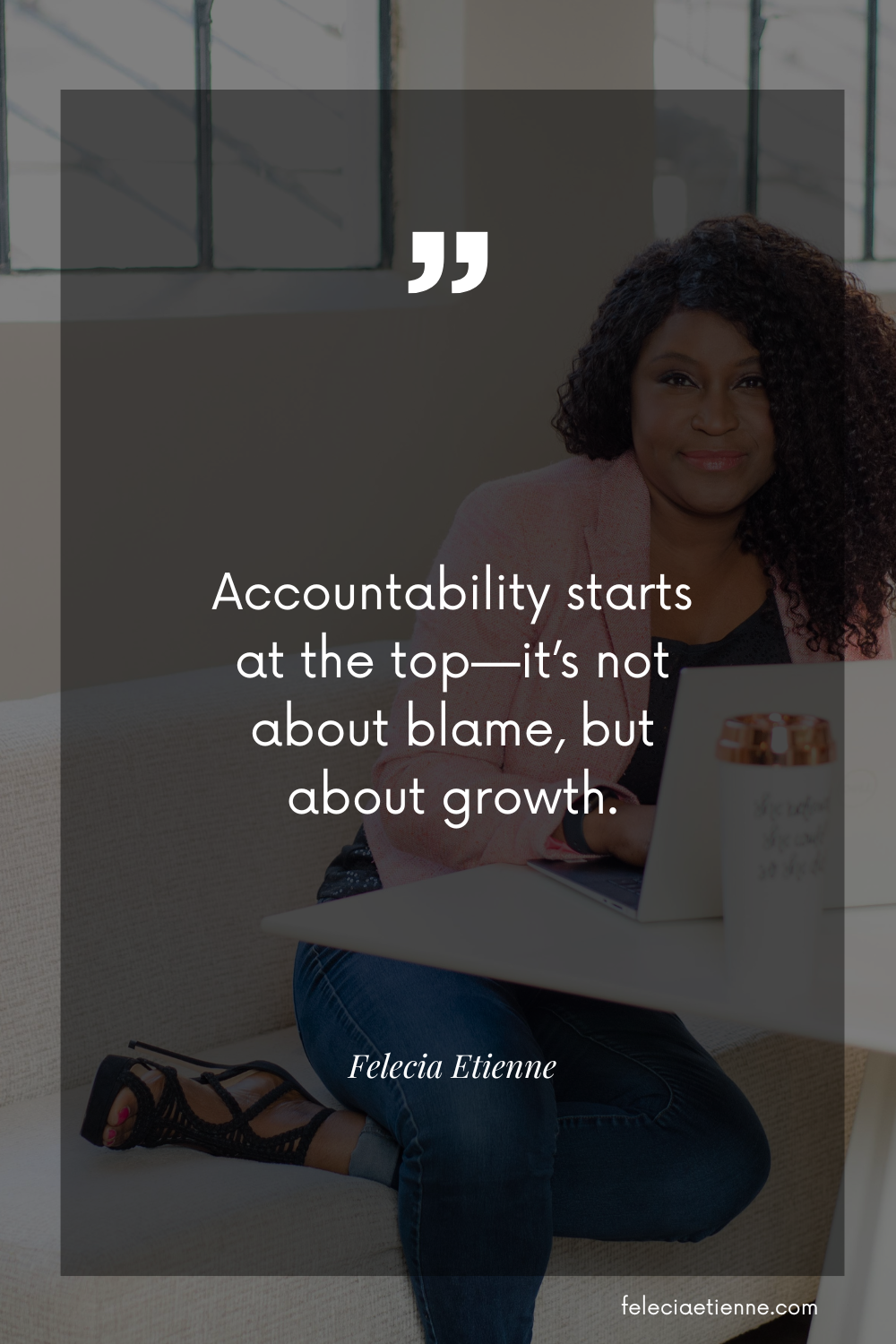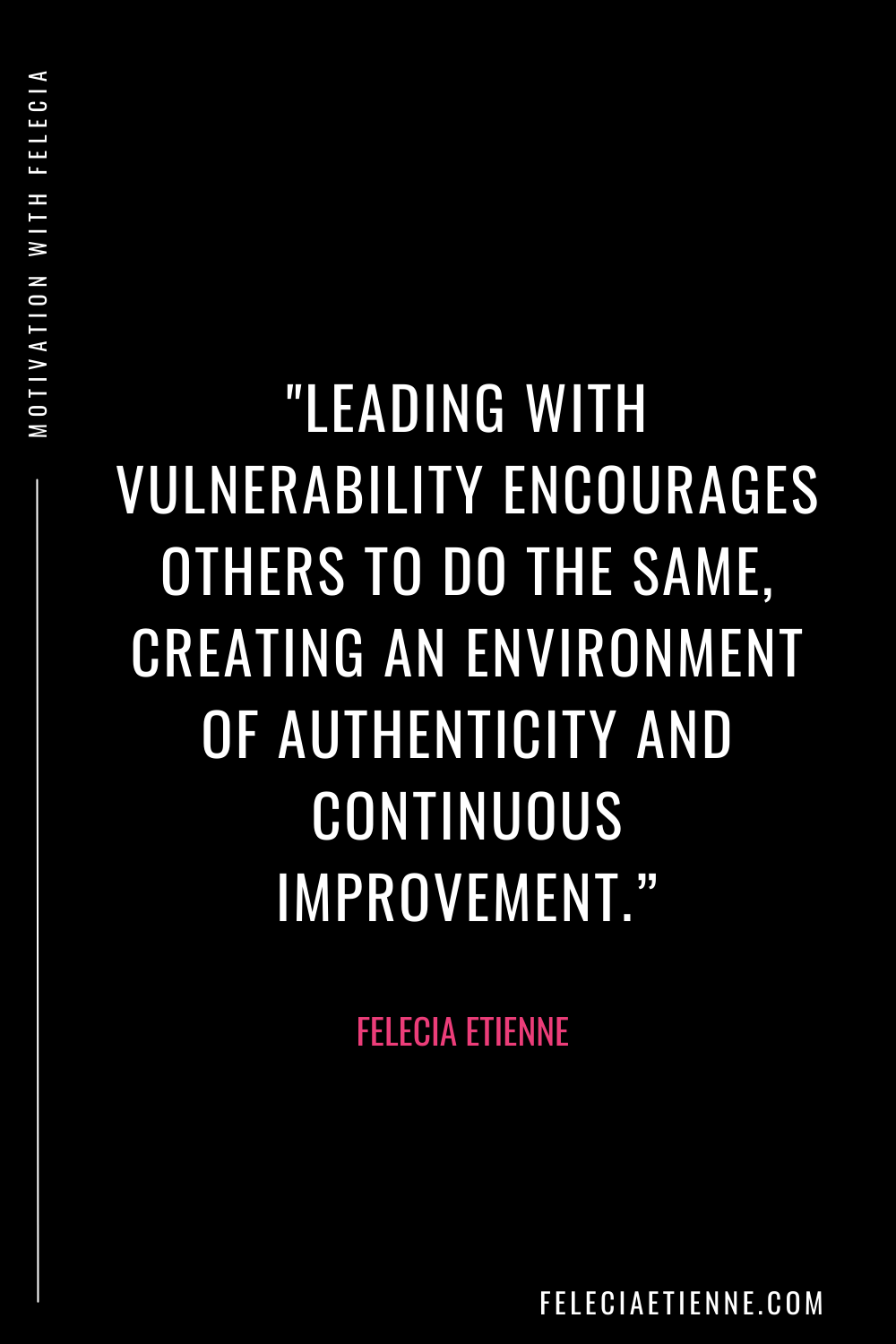The Leadership Playbook: Proven Strategies for Building Trust, Productivity, and Resilience
A Simple Shift That Changed Everything: Ever feel like you’re navigating life at full speed, steering through the twists and turns of ambition, expectations, and endless to-do lists? Leadership can feel just like that—a thrilling, challenging, and unpredictable ride. But here’s the truth: you don’t need a title, a team, or an office to lead. Leadership starts with leading yourself.
When I stepped into my first leadership role, I believed success was about working harder and faster than anyone else. What I learned, though, is that true leadership is an inside job. It’s about accountability to yourself, building trust in your decisions, mastering emotional resilience, and knowing when to hit the brakes or accelerate toward your goals.
Whether you’re managing a team or simply striving to lead a more intentional life, the lessons I’m sharing here are for you. They’ve shaped the way I approach challenges, communicate, and take action—not just in business, but in life. Let’s explore how these transformative insights can empower you to lead from the inside out, no matter where you are in your journey.
Why These Lessons Matter
In today's world of chaos and uncertainty, leadership is crucial. Leaders not only influence their organization's performance and profitability but also impact society as a whole. The roles they play—strategist, motivator, problem-solver, coach, and visionary—are essential.
Research supports this: effective leadership directly boosts team performance and workplace satisfaction. A Gallup study found that teams with engaged leaders were 21% more productive and 23% more profitable than those without strong leadership. This data underscores that leadership is more than a title; it’s a profound responsibility that affects every aspect of an organization.
Key Leadership Lessons That Shaped My Journey
Model the Behavior You Expect
Your team will reflect your behavior. If you want them to be accountable, demonstrate accountability. If you value transparency, be transparent yourself. This doesn’t mean you have to be perfect—everyone makes mistakes! What matters is taking ownership and showing vulnerability when things go off course. It’s one thing to tell your team to be dedicated, but it’s far more impactful to actually show that dedication.
Research supports this approach; teams are more engaged and motivated when leaders model the behaviors they wish to see. So, lead by example and foster an environment where everyone feels encouraged to be open and committed. Let's keep it real and human!
“The true measure of leadership is not in giving directions but in showing the way.”
Own Every Outcome
I learned the true value of ownership during a product launch that didn’t go as planned. Instead of pointing fingers, I took a moment to reflect on how I could have led more effectively. This experience opened my eyes to the importance of accountability—it’s about embracing every outcome, whether it’s a win or a setback.
Ownership builds credibility and sets a standard. When a project doesn’t go as expected, it’s so easy to fall into the blame, guilt game, but I’ve found that it’s much more productive to assess where I could improve and own the results. This mindset demonstrates to your team that accountability is a priority, which in turn fosters trust and commitment.
Research backs this up, too! Organizations with a strong culture of accountability see higher levels of employee engagement and performance. Teams that take ownership of their results are 50% more likely to outperform their peers, according to a study by Gallup.
Ultimately, it's about building a space where everyone feels empowered to own what they contribute and learn from their experiences. So, let’s embrace accountability together—after all, it’s the foundation of a successful and resilient team!
Related article: How to hold yourself accountable as a leader: 5 powerful tips
“Accountability starts at the top—it’s not about blame, but about growth.”
Lead with Empathy
In leadership, empathy truly is the difference-maker. Your team consists of real people, each with their own lives, challenges, and emotions beyond the workplace. By taking the time to listen and understand these challenges, you foster genuine connections that can significantly impact your team's morale and performance.
Research shows that leaders who prioritize empathy not only build trust but also encourage open communication. A study published in the Harvard Business Review highlighted that teams led by empathetic leaders experience 60% higher employee engagement. This engagement leads to better collaboration, increased innovation, and, ultimately, a more resilient, high-performing team.
Imagine this: when you take time to acknowledge a team member's stress or celebrate their achievements, you're not just being a good leader; you're humanizing the workplace. Empathy mapping can help you visualize and understand the emotional journeys of your team. By recognizing their feelings, whether it's excitement, frustration, or anxiety, you can connect on a deeper level.
So, let's prioritize empathy in our leadership style. When we support our team with understanding and compassion, we create an environment where everyone can thrive.
“Empathy is the unseen force that binds teams together, transforming workplace culture and driving results.”
Develop Emotional Intelligence Over IQ
IQ may get you the job, but emotional intelligence (EI) will truly help you succeed as a leader. Early in my career, I believed that IQ was the key to success. However, I soon realized that soft skills aren’t so soft after all—they're the foundation of effective leadership. A study by Harvard Business Review found that EQ contributes to 58% of leadership success, which really opened my eyes.
Emotional intelligence is about commanding your mind and recognizing and managing your own feelings while understanding those of others. It includes crucial skills like self-awareness, empathy, and adaptability—all essential for navigating complex team dynamics. As a leader, it’s vital to grasp not just what motivates your team but also how they process information and make decisions.
When you develop emotional intelligence, you can tailor your communication and management strategies to fit each individual on your team. Leaders with high EI are self-aware and can regulate their emotions, which makes them better at managing stress and building resilience. They also have a deep understanding of their team members' feelings, allowing them to connect on a deeper level and inspire everyone toward achieving goals.
Research shows that leaders with high levels of EI are more effective in managing stress, building relationships, and making sound decisions. This all translates into improved team performance and a positive work environment. So, let’s focus on developing our EI and using it to bring out the best in ourselves and our teams. Remember, it’s not just about being intelligent; it’s about being emotionally intelligent.
Related article: 4 Surprisingly simple steps to define success on your Own Terms
“Emotional intelligence is not about being perfect, but about being aware and adaptable in every situation.”
Action Over Perfection
Perfectionism was a hurdle I had to overcome early on. I’d hesitate to make decisions, fearing they weren’t perfect. But I quickly learned that taking timely action, even if it meant imperfect outcomes, was far more valuable. Today, I prioritize a “bias for action,” focusing on quick, iterative progress over perfect planning. This mindset shift not only accelerated our project timelines but empowered my team to take risks without fear of failure.
Perfectionism was a significant hurdle I had to overcome early in my journey as a leader. I often found myself hesitating to make decisions, paralyzed by the fear that they wouldn’t be perfect. But research shows that overthinking like this can actually hold back creativity and slow down progress. Psychologists at Stanford University point out that aiming for perfection can lead to anxiety and burnout.
I quickly learned that taking timely action, even when outcomes were less than perfect, was far more valuable. Embracing a "bias for action" became my mantra, allowing me to prioritize quick, iterative progress over exhaustive planning. This change worked wonders—not only did it speed up our project timelines, but it also gave my team the confidence to take risks and innovate without worrying about failing.
If you find yourself caught in the trap of perfectionism, remember: progress often outweighs perfection, and it’s in those imperfect moments that true growth happens. Perfectionism stalls progress. Choosing action—even imperfect action—can be the key to maintaining momentum. Prioritizing action over flawless planning empowers your team to move forward confidently, innovate, and learn. Progress is better than perfect in leadership.
Related article: Procrastination Liberation: 10 Science-Backed Strategies to Crush Perfectionism and Boost Productivity! (Who doesn't want to beat procrastination?)
“Momentum fuels growth—strive for progress, not perfection.”
Empowerment Through Delegation
For years, I believed that if I wanted something done right, I had to do it myself. This mindset, while common, often leads to burnout and stifles potential within a team. However, the moment I began to trust my team and delegate effectively, I witnessed a remarkable transformation: their creativity and commitment flourished.
Research from the Harvard Business Review indicates that effective delegation not only boosts employee engagement but also enhances overall team performance, leading to a 20% increase in productivity (HBR, 2019). Delegation isn’t merely about offloading tasks; it’s about empowering individuals to leverage their unique skills and insights, fostering a collaborative environment where innovation thrives.
When team members feel valued and trusted, they're more likely to put their heart into their work, leading to a stronger, more dynamic team. So, take the leap—trust your team, delegate, and watch as their potential unfolds in ways you never imagined.
Related article: Beat the Busyness Trap: 13 Simple Strategies for Sustainable Success
“True empowerment is giving people the trust and freedom to make a difference.”
Lead by Listening
Active listening may seem like a small detail, but it’s truly a cornerstone of effective leadership. Research shows that leaders who actively listen can significantly improve team dynamics and performance (source: Harvard Business Review). Early in my career, I led a team where conflicts often went unresolved, causing frustration and stagnation. I remember realizing that by simply pausing to listen and genuinely acknowledging each team member’s perspective, we could resolve issues more swiftly and foster a culture of mutual respect.
Listening creates a safe space, encouraging team members to voice their ideas freely. This often leads to the most innovative solutions, as diverse thoughts come together. I’ve learned that great leaders listen first, recognizing that every voice matters. It's about connecting with your team on a human level—showing empathy and understanding.
When you listen to find your perspective or the answers you seek, you empower others to do the same. In doing so, you not only enhance collaboration but also build a resilient team ready to tackle any challenge.
“Leadership is about listening, not just with your ears, but also with your heart.”
Communication and Clarity
Effective leaders know the value of clear, consistent communication in aligning teams toward a common goal. When I introduced regular team briefings on project goals and timelines, it not only reduced misunderstandings but also heightened accountability. Clarity helps everyone know their role, making workflows smoother and boosting focus, which can really transform productivity and morale.
Psychologist and leadership expert Dr. Travis Bradberry notes that clear communication also builds trust within a team (source: Forbes). Encouraging open and honest conversations helps create a safe space where your team can freely share their thoughts, ideas, and concerns. As a result, they feel valued and empowered to take ownership of their work.
Effective communication isn't just about conveying information; it's also about listening actively and providing feedback. When combined with empathy and understanding, it can build strong relationships with your team, leading to higher job satisfaction and retention rates.
“Clear communication leads to clarity in action.”
The 80/20 Rule in Leadership
The 80/20 principle shows how important it is to focus on the tasks that get you the best results. By prioritizing projects that had the most significant impact, I allocated resources efficiently and avoided burnout from less productive activities. This selective focus fostered a high-impact culture, helping the team to make meaningful progress without overextending.
This idea works for leadership too. As a leader, it's key to figure out the 20% of tasks that drive 80% of your team's success. By delegating or automating non-essential tasks, you can focus on developing strategies and fostering a positive work culture that drives long-term growth. This approach boosts productivity and lets team members own their roles, leading to more job satisfaction and engagement.
Related article: The Pareto Principle: Enhance Your Focus and Elevate Productivity to the Next Level
“Focus on what matters most—the small actions that drive the greatest results.”
Leading with Vulnerability
Being open about challenges and missteps can humanize leaders and build trust within a team. When I shared my own experiences of failure and growth with my team, it encouraged a more transparent culture. Vulnerability showed that learning and growth were valued over perfection, creating a safe space where everyone felt empowered to improve.
Research from the Harvard Business Review also suggests that leaders who are willing to show vulnerability are perceived as more authentic and inspiring (HBR, 2019). Recognizing your own weaknesses opens up a space where your team feels safe and empowered to take risks and think creatively.This approach can spark innovative solutions and promote a growth mindset within the team.
“Leading with vulnerability encourages others to do the same, creating an environment of authenticity and continuous improvement.”
Discipline Over Motivation
While motivation fluctuates, discipline provides consistency. Early in my career, I learned that disciplined routines—even on hard days—led to reliable progress and set an example for others. Cultivating discipline in the workplace fosters resilience, ensuring goals are met with steady, sustained effort.
When faced with challenging tasks, leaders who practice discipline persevere and inspire their teams to do the same. It also allows for effective time management, preventing burnout and promoting work-life balance. Discipline is not about being rigid; it's about prioritizing the most crucial tasks and being consistent in working towards them.
“Motivation gets you started, but discipline keeps you going.”
Confidence vs. Courage
Courage in leadership often requires stepping out of the comfort zone, even when confidence is lacking. I witnessed a pivotal negotiation where a colleague's bold move redefined our trajectory. This taught me that courage, rather than mere confidence, often unlocks breakthroughs and fosters transformative change.
While confidence can be developed through experience and knowledge, courage comes from the willingness to take risks and face uncertainty. As a leader, it's essential to cultivate both qualities within yourself and your team. Confidence builds trust in your abilities, while courage drives action towards growth and innovation.
Related article: The Foundation of You: Exploring Self-Esteem, Self-Worth, and Self-Confidence for a Life of Fulfillment
“Confidence gets you started, but courage pushes you beyond boundaries.”
Knowledge and Wisdom in Decision-Making
While knowledge provides a foundation, wisdom ensures it’s applied effectively. My mentor’s insight on distinguishing between knowledge and wisdom has been invaluable, especially in leadership roles where decisions need to balance facts with thoughtful judgment.
Knowledge is based on information and facts, while wisdom incorporates experience, intuition, and empathy. As a leader, it's essential to gather all the relevant knowledge and then apply wisdom in making decisions that consider both logical and emotional factors. This way, you can come up with more well-rounded and effective solutions for your team.
Related article: ELEVATE YOUR DECISION-MAKING WITH THE TRUE NORTH D.E.S.I.G.N FRAMEWORK
“Knowledge shows you the way; wisdom helps you choose the right path.”
Self-Reflection and Accountability
As leaders, self-reflection and accountability are crucial for personal growth and modeling strong leadership to our teams. Taking time to reflect on our actions, decisions, and interactions can help us identify areas for improvement and make necessary adjustments. Additionally, holding ourselves accountable for our actions can build trust within our teams and foster a culture of responsibility and integrity.
Self-reflection is all about stepping back from the hustle of daily tasks and checking in on how we're doing with our personal and leadership goals. It also allows us to recognize patterns in our behavior or decision-making that may need attention. Holding ourselves accountable means taking ownership of our mistakes and working towards making them right. This honesty and humility in leadership can inspire and motivate our teams to do the same.
Bringing self-reflection and accountability into our leadership style can spark personal growth, build stronger connections with our team, and create a more positive work vibe overall. It takes courage and discipline to regularly reflect on ourselves and take responsibility for our actions, but the payoff is well worth it in the long run.
“True leaders are not afraid of self-reflection or accountability; they see them as opportunities for growth.”
Balance on and Off the Field
As leaders, we often prioritize work over personal life, assuming success stems from relentless dedication to our careers. Yet, research shows this isn't always the case. Studies from Harvard Business Review and the American Psychological Association reveal that neglecting mental and physical well-being can actually hinder performance and limit leadership potential. Finding harmony between professional responsibilities and self-care is essential.
Consider this: top athletes don't just train hard—they rest just as diligently. This approach is backed by science, showing that rest and recovery are integral to peak performance. As a coach for high performance and mental fitness, I notice the same ideas popping up in leadership. Looking after yourself is like pressing the reset button. Helping you get back to work with fresh focus and energy. This, in turn, enhances your ability to lead your teams effectively toward success.
Remember to schedule breaks and establish boundaries for yourself—your team will thank you. In fact, the World Health Organization emphasizes that creating a healthy work-life balance can lead to improved productivity and lower stress levels. Let's embrace this holistic approach to leadership and see the positive ripple effects it creates.
“Balance is key—take care of yourself, and your team will thrive.””
“A rested mind is a sharp mind—take time for yourself to maintain focus and drive in your leadership role.”
Failure as a Learning Tool
Viewing failure as an opportunity for growth fosters resilience and creativity. I reframed challenges as learning experiences, which inspired my team to approach setbacks with a growth mindset. This shift encouraged innovation, leading to solutions we may not have reached otherwise. As leaders, it's important to foster a culture where failure isn't feared but seen as a key part of learning.
Failure isn't the end; it's a stepping stone to getting better and succeeding. Rather than fixating on mistakes, use them as chances to learn, grow, and innovate. When a leader embraces failure, it sets a positive example for their team, creating a safe space to take risks without worrying about judgment or punishment. Failure can really push growth, both personally and professionally.
“True leaders see failure as an opportunity to learn and grow.”
Adopt a Beginner’s Mindset
Curiosity and openness to learning are invaluable in adapting to change. Attending an unrelated workshop broadened my perspective, which I applied in team problem-solving. This approach encouraged continuous learning and innovative thinking within the team, fostering adaptability. As a leader, it's crucial to embrace a beginner's mindset, where you approach every situation with curiosity and eagerness to learn. This mindset allows you to see new possibilities and encourages your team to think outside the box.
A beginner's mindset is essential in today's ever-changing world. It involves approaching each situation with openness, curiosity, and a willingness to learn. As leaders, it's easy to become set in our ways or make assumptions based on past experiences. However, by embracing a beginner's mindset, we open ourselves up to new perspectives and possibilities that can lead to innovative solutions.
A great way to cultivate this mindset is by attending workshops or training sessions outside of your comfort zone. Learning something totally new can really open up your perspective and motivate you to use these insights in your leadership style.
Related article: Achieve Greatness: 12 Proven Strategies to Develop an Olympic Mindset
“In the beginner’s mind there are many possibilities; in the expert’s mind, there are few.”
Influence Over Control
Inspiring teams to align with a vision is more effective than enforcing control. I saw how aligning personal and team goals fostered intrinsic motivation and a sense of ownership among team members. This approach led to remarkable performance, with each person driven by purpose rather than obligation.
As a leader, it's important to shift from controlling to influencing your team. Instead of micromanaging, focus on coaching, supporting and while empowering team members to take responsibility. This approach creates a positive where everyone feels appreciated valued and respected, which in turn boosts job satisfaction and retention. It might be tough to give up control, but you'll find it leads to more engaged and motivated teams who are eager to contribute to the group's overall success.
“Influence is more powerful than control when it comes to motivating teams towards success.”
Wrapping It All Up
So, here's the deal—leadership isn't about bossing people around; it's about using your influence to lift others up and inspire them. It's more of a self-discovery journey than anything else. Whether you're in charge of just you or a whole team, these lessons help you make real progress and keep succeeding. Seriously, start by holding yourself accountable, being okay with showing vulnerability, and taking steady, purposeful steps. You'll not only motivate your team, but you'll also push yourself to new heights.
Remember, it's all about setting an example. Dive into these lessons, share them with your team, and before you know it, you'll have a culture of success and growth. The possibilities are endless when you lead by example. Keep aiming for greatness and never stop learning—it's what real leadership is about. Let’s make an impact that lasts long after any job title is gone. You've got this!
P.S. If you're looking for deeper support as you navigate this transformative journey, here are two ways I can help:
Master Your Mindset: I specialize in helping high achievers, business owners, and professionals break into the top 1% of their field by mastering their mindset and boosting their performance. When you're ready to take your success to the next level, DM me the word "Edge," and let's start that conversation.
Free Resource for Change: Don’t let negative emotions hold you back! Grab my Self-Sabotage Solution Checklist—a free tool designed to help you identify and release the limiting beliefs that no longer serve you. Take the first step toward a more empowered you today!
Embrace this opportunity to shift from burnout to brilliance. Your path to sustainable success starts now!
Ready to achieve your dream life? I’m Felecia Etienne, your go-to Certified High-Performance Coach™ and Mental Fitness Coach. Let me take you on a transformative journey with a Complimentary Unlock Your Performance EDGE call. This isn’t just a chat—it’s your ticket to the high-performance tools and techniques I’ve shared with my coaching clients.
In this personalized call, you'll:
- Dive into your dreams and goals, tackle obstacles, and bridge the gap between where you are and where you want to be.
- Uncover and combat triggers of self-sabotage while discovering untapped strengths.
- You'll walk away with actionable strategies that deliver immediate impact
Equip yourself with the strategies, resources, and support needed to shatter obstacles, self-sabotaging, narrow the gap, and transform your ambitions into tangible achievements. Ready to escape inertia and boost your impact? Book a private and confidential session. Unlock Your Performance EDGE with Felecia. Let's unlock your potential together.
To find out more about Felecia, you can visit her website at feleciaetienne.com.
Social Media Handles:























